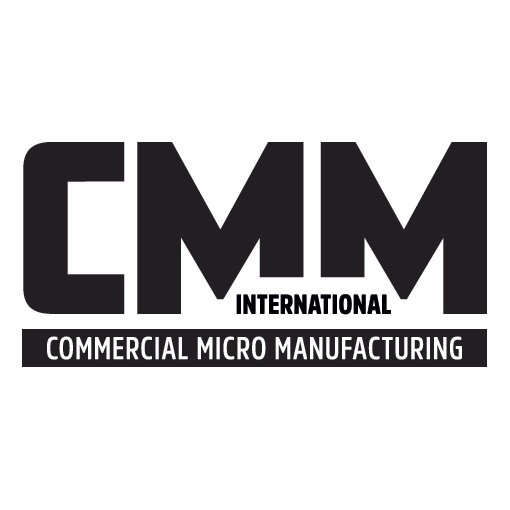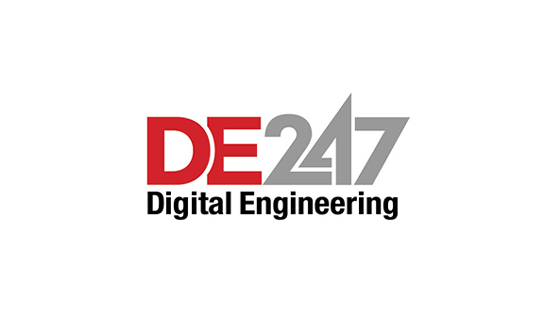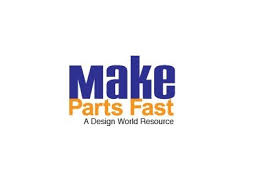3D Adept Media •
September 15, 2021
BMF introduces new industrial 3D printer and new Ceramic 3D Printing Materials
From the manufacturing side, the company has released the microArch™ S230, designed for applications that require ultra-high resolution prints (down to 2μm) with accuracy, precision, and speed.








